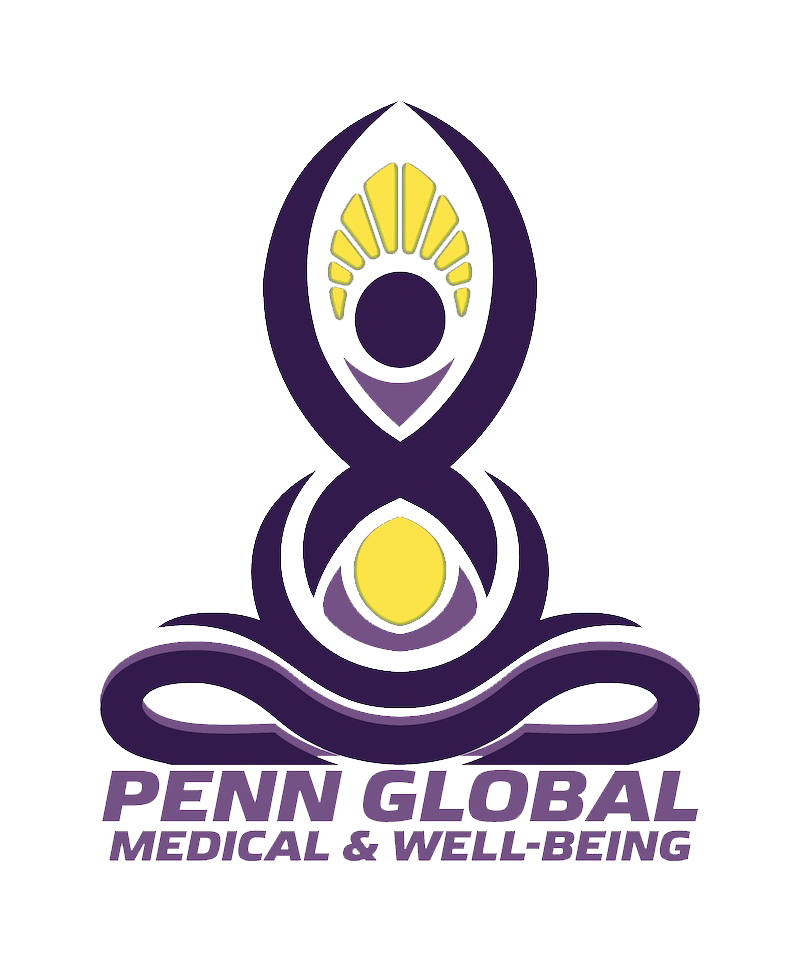Whether spiritual or secular, communities play a pivotal role in healing and maintaining health. They provide:

- Emotional Support: Sharing experiences and challenges within a community can alleviate stress and promote mental well-being.
- Accountability: Communities encourage healthy behaviors and adherence to treatment plans.
- Purpose and Meaning: Being part of a community fosters a sense of belonging and purpose, essential for mental and emotional health.
For instance, the Wellbriety Movement, rooted in Native American traditions, integrates community and cultural practices to promote sobriety and holistic well-being. This movement emphasizes that healing occurs at the individual level and within the community, highlighting the interdependence of personal and communal health.
The Detrimental Effects of Isolation
Isolation and loneliness are more than just emotional states; they have tangible effects on physical health. Sociogenomics explores how social factors influence gene expression related to immune function. Individuals experiencing chronic social isolation exhibit altered gene expression profiles, leading to increased inflammation and reduced antiviral responses. This biological response makes isolated individuals more susceptible to infections and chronic diseases.
Moreover, the subjective feeling of loneliness can be more harmful than the objective state of being alone. This perception can lead to:
- Increased Stress Levels: Loneliness can elevate cortisol levels, leading to chronic stress.
- Poor Sleep Quality: Feelings of isolation are linked to sleep disturbances, which can impair immune function.
- Mental Health Disorders: Chronic loneliness is a significant risk factor for depression and anxiety.
Bridging Spirituality and Science: A Holistic Approach to Health
Integrating spirituality and science offers a comprehensive approach to health. Spiritual practices often encourage community involvement, altruism, and mindfulness, all of which have been shown to improve health outcomes. For example:
- Altruism and Helping Others: Engaging in acts of kindness can boost immune function and promote feelings of happiness and fulfillment.
- Mindfulness and Meditation: These practices can reduce stress, lower blood pressure, and enhance immune responses.
- Community Engagement: Active participation in community activities provides social support, reduces feelings of isolation, and encourages healthy behaviors.
Practical Steps to Foster Community and Enhance Health
To harness the health benefits of community and spirituality, consider the following steps:
- Join Local Groups: Engage with community centers, spiritual organizations, or hobby groups to build social connections.
- Volunteer: Offering your time to help others not only benefits the community but also enhances your own well-being.
- Participate in Group Activities: Whether it’s group exercise, book clubs, or art classes, shared activities foster connections.
- Leverage Technology Wisely: Use online platforms to connect with like-minded individuals, especially when physical proximity is challenging.
- Prioritize Face-to-Face Interactions: Whenever possible, engage in in-person interactions to build deeper connections.
Conclusion
The convergence of spiritual teachings and scientific research highlights an undeniable truth: community and social connections are integral to our health and healing. While isolation and loneliness can weaken our immune systems and predispose us to various diseases, fostering strong social bonds and engaging in communal activities can enhance our well-being. Embracing spirituality and science in our approach to health encourages a holistic perspective, reminding us that we find strength, healing, and resilience in unity.